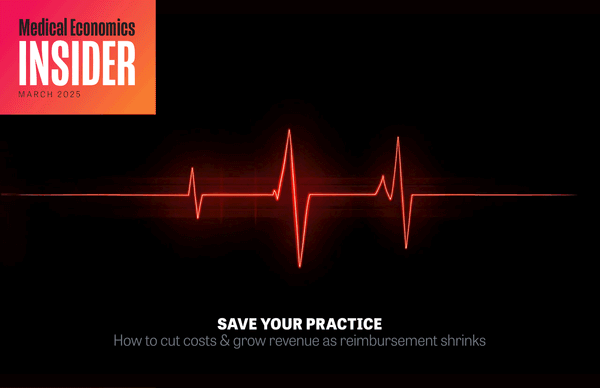
Is 2015 the year you decide to open an urgent care practice? If you are interested in urgent care medicine, you are not alone. Growth is expected to continue as patients seek immediate access to medical care and lower-cost alternatives to emergency department visits. Despite the rewards, urgent care medicine comes with risks-especially for physicians unprepared for the business demands of operating an urgent care center.


